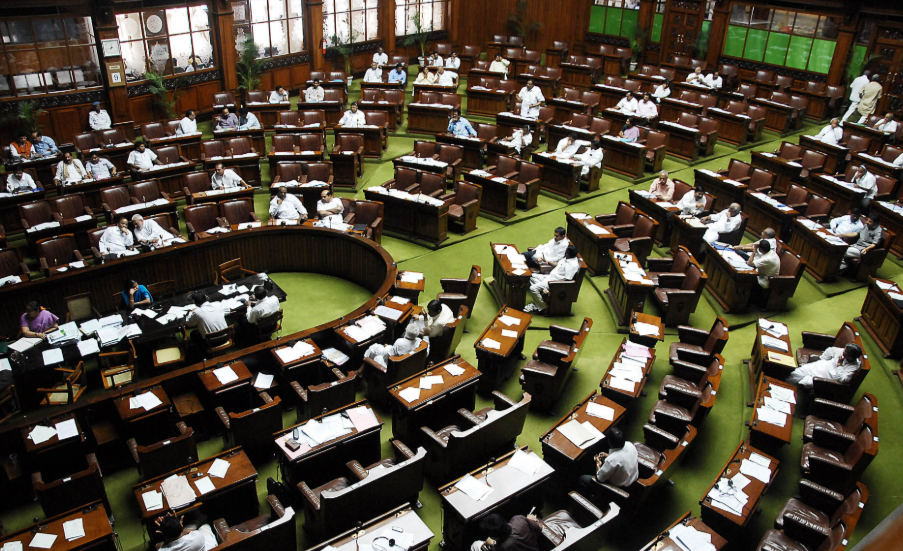Shreya Gupta
On August 20, 2025, the Promotion and Regulation of Online Gaming Bill, 2025 was passed by both Houses of Parliament. The Bill seeks to establish a clear distinction between legitimate online gaming activities and harmful online money games.
The Bill prohibits “online money games,” defined as any online game, whether based on skill, chance, or both, that requires a user to pay fees, deposit money, or place stakes in the expectation of monetary or material returns. However, it expressly excludes e-sports, which may be promoted by the Central government as a legitimate form of sport in India, and online social games meant for educational or recreational purposes, provided these do not involve wagering or betting.
According to Union Minister Ashwini Vaishnaw, the Bill targets only one-third of the gaming sector linked with financial stakes, while aiming to promote the remaining two-thirds of the industry. He emphasized that online money gaming has become a public health concern, with the World Health Organization recognizing it as a “gaming disorder.” The Minister claimed that 45 crore people have been adversely impacted, with middle-income families suffering financial losses of over ₹20,000 crore. He also linked online money gaming to offenses such as money laundering and terror financing, while dismissing opposition protests and noting their abstention from meaningful debate.
The Bill imposes stringent penalties: service providers offering online money games in violation of the law may face imprisonment up to three years, fines up to ₹1 crore, or both; while those advertising such games may face imprisonment up to two years, fines up to ₹50 lakhs, or both. Additionally, the Central Government is empowered to establish an Authority to assess, even suo motu, whether any game qualifies as an online money game. Officers under the law may be vested with wide-ranging investigative powers, including the ability to arrest or search property without warrant, based on “reasonable suspicion” of an offense.
The law applies not only to online money gaming services within India but also to those operated from outside the country. In contrast, e-sports will be recognized as activities based solely on skills such as physical dexterity, mental agility, and strategic thinking, and while entry or administrative fees may be charged, they must not involve any form of betting or wagering.
The Statement of Objects and Reasons highlights the unchecked growth of online money games. These games are easily accessible through mobile devices and computers. Their spread has led to serious social, economic, and psychological consequences. Such consequences include compulsive behavior, addiction, fraud, and exploitation. Vulnerable groups, especially youth and middle-income families, are most at risk. This risk is often worsened by the influence of celebrity endorsements. Ultimately, the Bill aims to regulate harmful practices while fostering innovation and growth in the legitimate gaming sector, ensuring a safe and responsible digital ecosystem for Indian citizens.
Instagram: Click here
LinkedIn: Click here
For Collaboration and Business: info.desikaanoon@gmail.com

